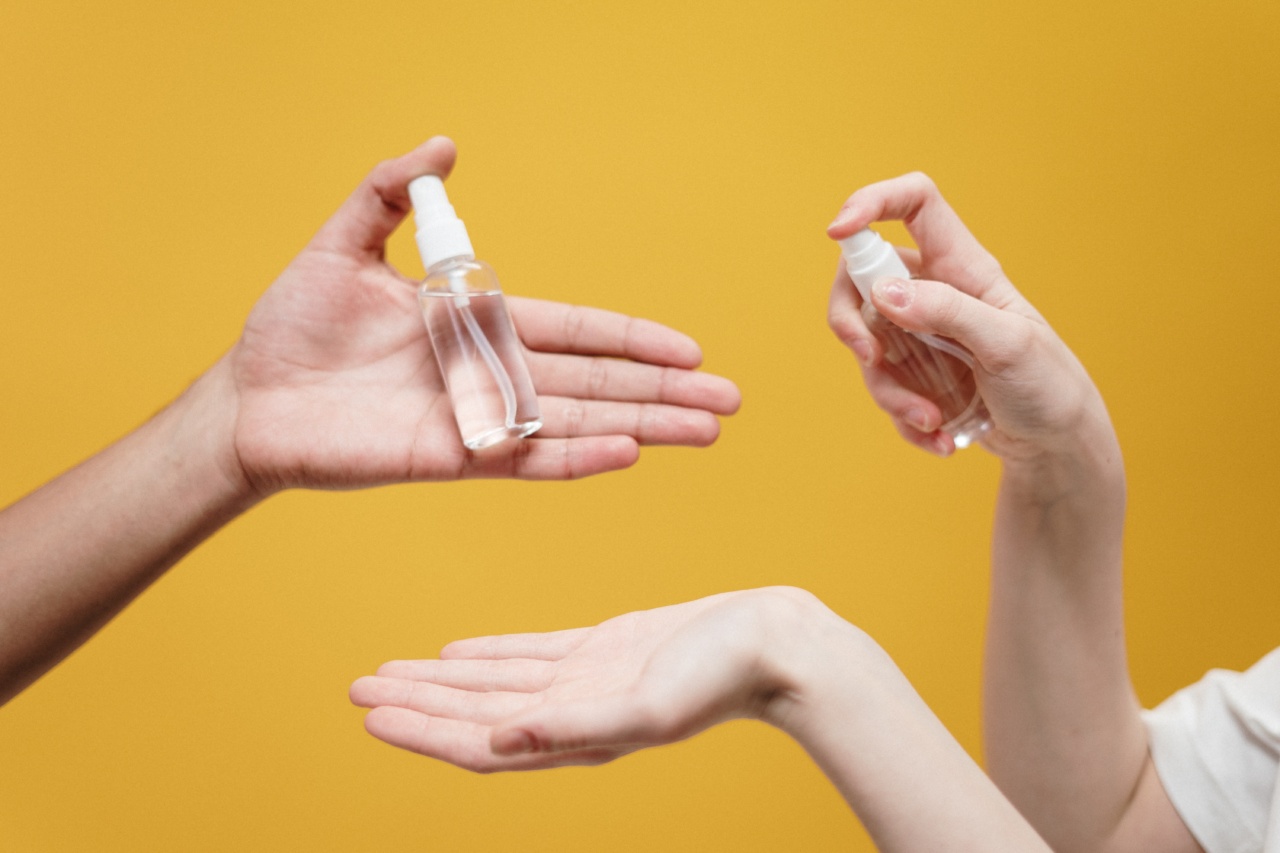Alcohol consumption is a common practice in many cultures around the world, with many individuals enjoying it with friends, during social gatherings or even to unwind alone.
However, the excessive intake of alcohol can cause a wide range of health issues, particularly on sexual health and relationships.
Effects of Alcohol on Sexual Performance
Alcohol is a depressant, meaning that it slows down the body’s central nervous system. Consequently, it can have a range of negative effects on a person’s sexual performance.
For instance, alcohol consumption can lead to reduced sensitivity and arousal, making it difficult to achieve and maintain an erection in men and sexual arousal in women. Additionally, excessive alcohol intake can cause erectile dysfunction, or the inability to achieve or maintain an erection.
Researchers have also discovered that alcohol can cause premature ejaculation, which can be frustrating for couples who desire to engage in prolonged sexual activities.
Additionally, alcohol affects both the quality and quantity of sperm in males, reducing the likelihood of impregnating a partner. For women, too much alcohol can delay or stop ovulation, making it more challenging to conceive.
Effects of Alcohol on Sexual Decision Making
Alcohol consumption affects individuals differently, with some people becoming more sociable, while others become aggressive and hostile.
Many individuals who drink to excess become disinhibited, leading to poor decision-making, particularly when it comes to sexual conduct. Some individuals may become more likely to engage in risky sexual behaviors like having unprotected sex, having sex with multiple partners, or engaging in sexual activities with someone they do not know well.
Additionally, alcohol can affect an individual’s ability to give informed consent and understand the consequences of sexual actions, leading to situations where others may take advantage of them, sexually assault or exploit them, leading to emotional trauma, unwanted pregnancies, and sexually transmitted infections.
Effects of Alcohol on Relationships
Alcohol can have adverse effects on relationships, particularly in cases where one partner drinks excessively. Partners may experience reduced sexual satisfaction, decreased intimacy, and heightened conflict, leading to the breakdown of relationships.
Additionally, in cases where one partner consumes alcohol more than the other, the mismatch in drinking patterns may lead to resentment, mistrust, and ultimately the end of the relationship.
Excessive drinking can also lead to financial difficulties, legal issues, and general instability, leading to stress and tension in relationships.
Alcohol addiction can also cause physical and emotional abuse, leading to additional problems for partners and family members.
How to Address Alcohol Abuse and Its Effects on Sexual Health
Those experiencing effects of alcohol can get help in managing the situation through various approaches.
In many cases, seeking help for alcohol abuse and addiction through rehabilitation centers, support groups, and individual therapy can help reduce their intake and mitigate the effects on their sexual health and relationships.
Individuals can also take measures to reduce their alcohol consumption by setting limits, using harm-reduction strategies like eating before drinking or alternating with soft drinks, understanding one’s limits, and not exceeding them. Communication in couples and consent involving sexual activities is crucial where alcohol is involved.
Also, seeking support from friends, family, or partners can aid in countering the social pressure to drink excessively during social events and gatherings.
Conclusion
In conclusion, alcohol can significantly affect an individual’s sexual health, performance, and decision-making ability.
While moderate drinking may not have any significant adverse effects, excessive alcohol intake can lead to the onset of various negative consequences. Recognizing the effects of alcohol and taking proactive steps to reduce one’s alcohol consumption can lead to improved sexual health and overall well-being.































